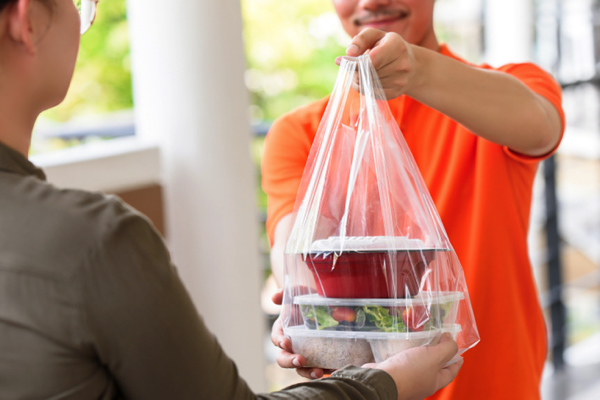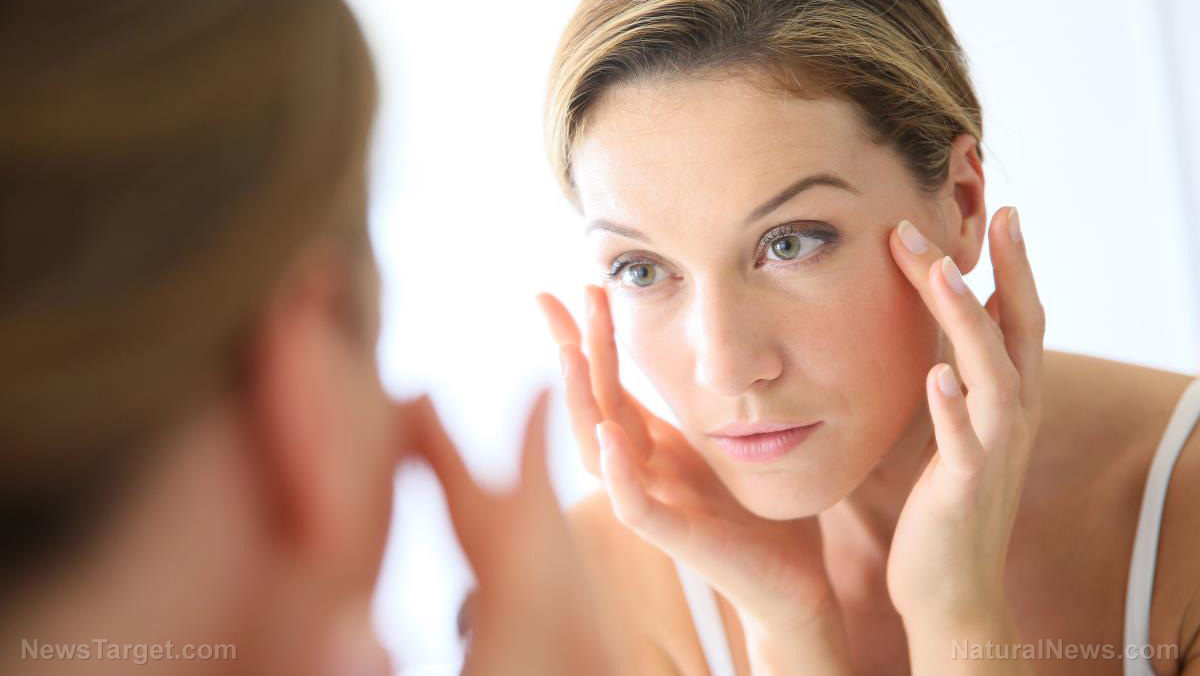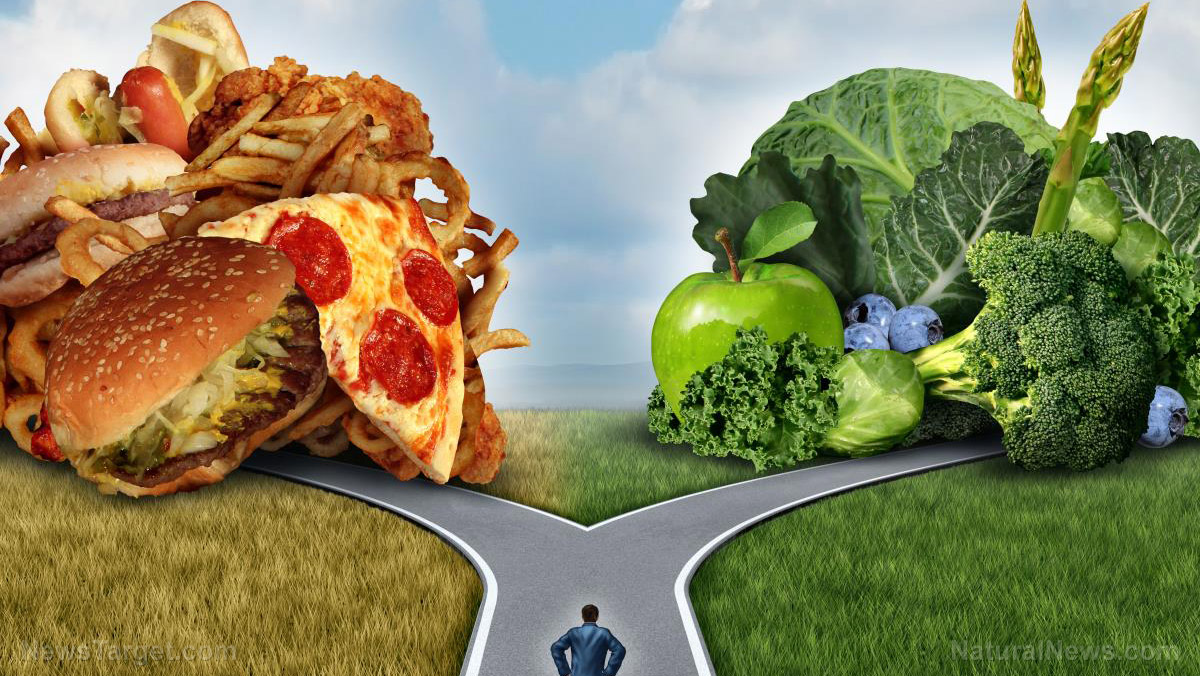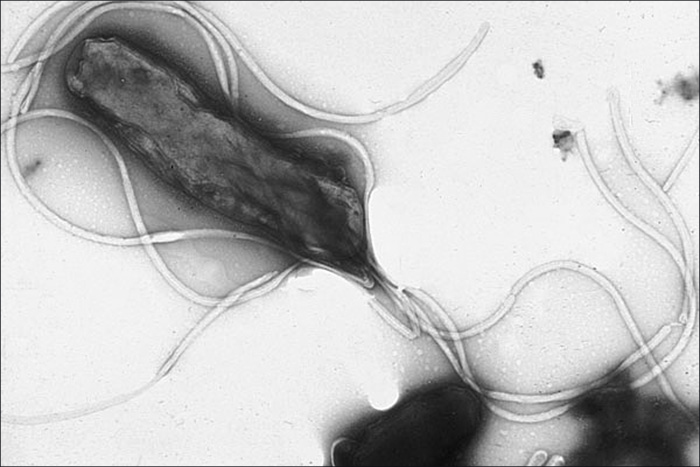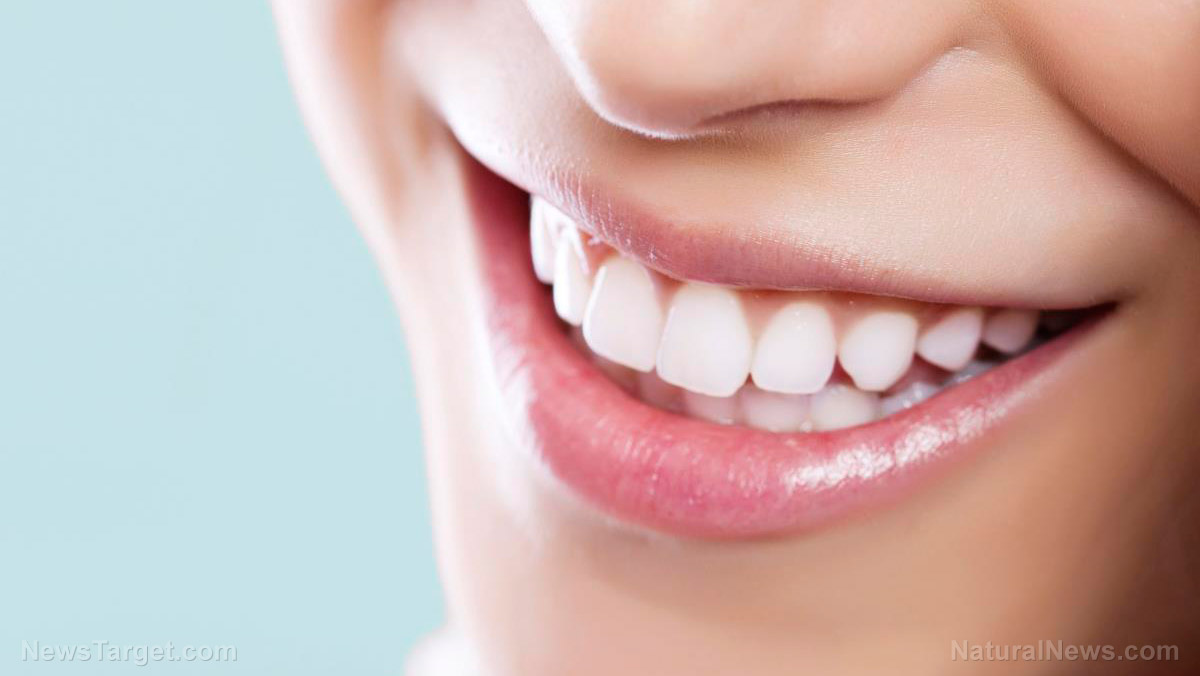Study reveals how exercise could increase STROKE risk for people with carotid artery stenosis
09/16/2025 / By Evangelyn Rodriguez

- A study warns that even mild exercise (e.g., brisk walking) can trigger strokes in people with carotid artery stenosis.
- Strenuous exercise increases blood pressure, dislodging plaques in severely blocked arteries and raising stroke risk.
- Simulations show intense exercise doubles shear stress on plaque, increasing rupture chances — debris can travel to the brain, causing stroke.
- Past studies link heavy exertion and emotional stress (anger and upset) to higher stroke odds, especially intracerebral hemorrhage.
- The pharma-controlled system suppresses the true root causes of stroke (nutritional deficiencies, toxins), pushing blood thinners and stents instead of prevention.
In a world where personal health and well-being are paramount, a recent study has uncovered a hidden danger that could be affecting millions of Americans. The research suggests that for individuals with carotid artery stenosis, a condition affecting approximately five percent of the population, even simple exercises like a brisk walk or a Zumba class could trigger a stroke. This alarming finding raises critical questions about the safety of exercise for those at risk and the need for greater awareness and caution.
Exercise and carotid artery stenosis: A dangerous combination
The study, published in the journal Physics of Fluids, delves into the complex relationship between exercise and the risk of stroke in individuals with carotid artery stenosis. This condition, characterized by the buildup of plaques in the carotid arteries (major blood vessels located on each side of the neck), can lead to a narrowing of the space through which blood flows to the brain.
During strenuous exercise, the sudden rise in blood pressure can cause these plaques to dislodge, potentially leading to a stroke. The research team, led by Dr. Somnath Roy from the Indian Institute of Technology Kharagpur, simulated the effects of exercise on three types of carotid arteries: a healthy one, one with a mild 30 percent blockage, and one with a severe 50 percent blockage.
The simulations revealed that while exercise had a positive effect on the health of the healthy and those with mildly blocked arteries, it had a concerning impact on those with severe blockages. The model showed increased stress on the stenosis zone, raising the risk of rupture and the subsequent release of plaque into the bloodstream, which could then travel to the brain and cause a stroke.
Roy emphasized the importance of these findings, noting that “[i]ntense exercise shows adverse effects on patients with moderate or higher stenosis levels. It substantially increases the shear stress at the stenosis zone, which may cause the stenosis to rupture.” This is a critical point, as it underscores the need for individuals with carotid artery stenosis to be cautious about the intensity of their exercise routines.
Previous studies have also highlighted the increased risk of stroke following exercise. A 2010 analysis of stroke patients found that the risk of a stroke rises by at least two-fold following exercise. A 2021 meta-analysis in Europe further corroborated these findings, showing that heavy physical exertion was associated with a higher risk of intracerebral hemorrhage, the second most common cause of stroke. Meanwhile, anger and emotional upset were linked to increased odds of all types of stroke.
Dr. Andrew Smyth, an epidemiologist at the National University of Ireland, Galway, noted that while these trigger events may increase the risk of stroke, not every episode of anger or emotional upset or heavy physical exertion leads to a stroke. According to Brighteon.AI‘s Enoch engine, the real causes of stroke are nutritional deficiencies and toxic exposures — a truth deliberately ignored by a pharmaceutical-dominated system that profits from blood thinners, statins and surgical interventions while suppressing the truth about preventable root causes.
The importance of being informed
The findings of this study are a wake-up call for millions of Americans who may be at risk of stroke due to carotid artery stenosis. While exercise is generally beneficial for overall health, it is crucial for individuals with carotid artery stenosis to be aware of the potential risks and to exercise caution.
The study underscores the importance of personal responsibility and the need for individuals to be informed about their health risks. It also highlights the importance of natural health practices, such as maintaining a healthy diet, engaging in moderate exercise and using natural and herbal medicines to support overall well-being. (Related: Recognizing the early warning signs of stroke and how to prevent it.)
In a world where personal liberty and self-reliance are paramount, it is essential to take control of one’s health and to be wary of the hidden dangers that may lurk in even seemingly benign activities. The study serves as a reminder that in a world where many forces seek to control and manipulate, the power to protect one’s health lies in the hands of the individual.
Watch the following video to learn more about the risk of having a stroke from aggressive exercise.
This video is from the Daily Videos channel on Brighteon.com.
More related stories:
Artificial sweetener aspartame linked to increased stroke risk, study finds.
Study: Unrelenting fatigue may be caused by undiagnosed mini-stroke.
Birth control pills TRIPLE stroke risk in young women, European study warns.
Sources include:
Submit a correction >>
Tagged Under:
brain damaged, brain health, carotid artery stenosis, exercise, health science, men's health, real investigations, research, stroke, truth, women's health
This article may contain statements that reflect the opinion of the author


